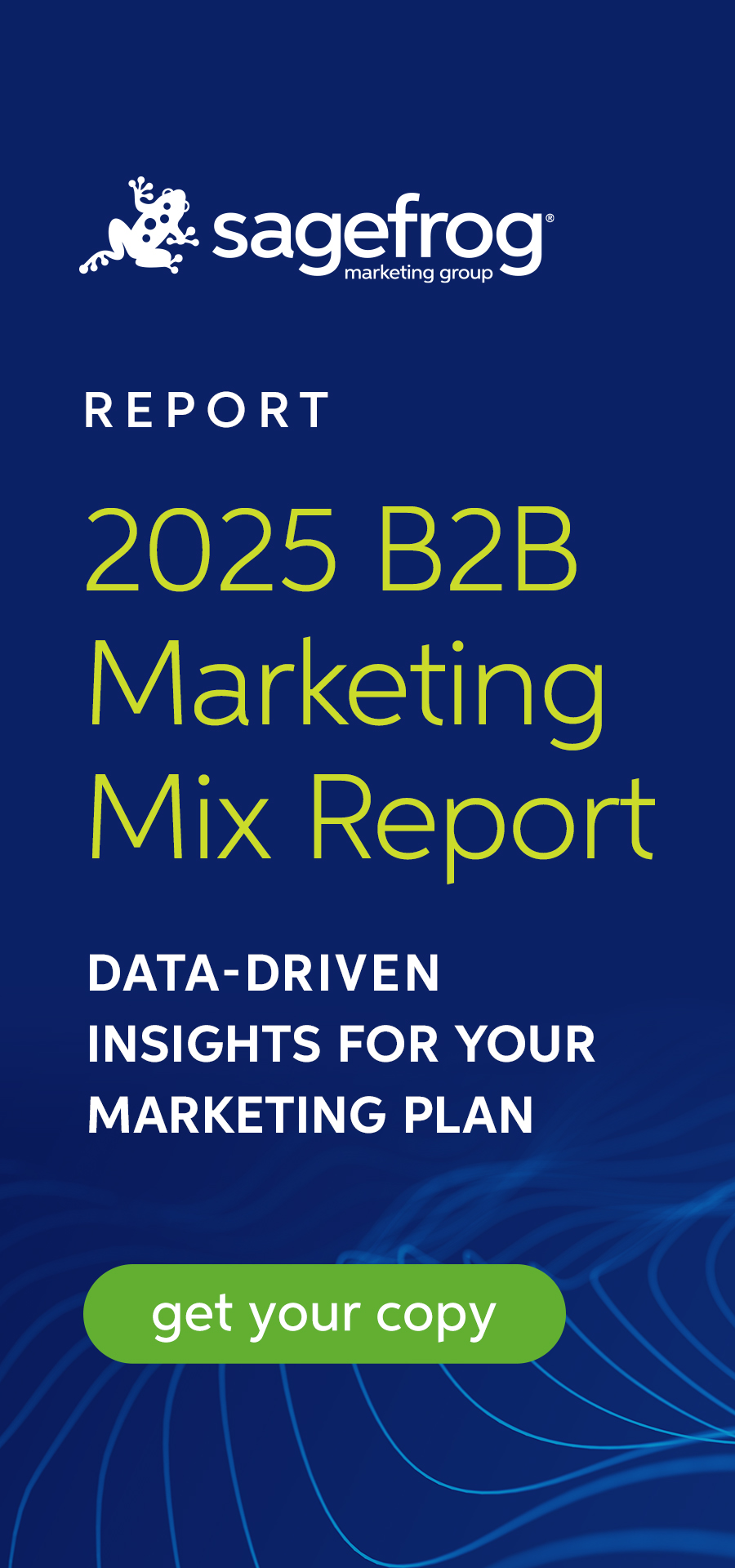Here are 27 tips to help you optimize your pre-event marketing campaign:
The Event Page or Website
- Create a compelling description that clearly states the topic, time, place as well as specific benefits for each type of attendee
- Include a bio and picture of the speaker
- Add an image and/or event-related videos
- Have a prominent “Register Now” button
Pre-Event Email
- It is important to get the word out to as many people as possible. If you have an established list, use it
- Create an inspiring subject line. Without it, your email will just be lost in a sea of inboxes
- If you have positive feedback from previous events or credentials for the speakers, include it in the email body
- Plan to send an event marketing email several times and with a different subject line
Pre-Event Social Media
- Pick an event hashtag that is short, unique and memorable and use it with every tweet or post regarding the event
- Link your Twitter, Facebook, and LinkedIn bios directly to the event page during the time you are promoting the event
- Using advanced search on Twitter, find local people who are interested in the event topic – follow them, mention them in tweets or even direct message them
- Tweet/post updates often. Cover topics such as when registration opens, countdown, information about early-bird registration, thanks to sponsors, etc.
- On the thank you page after the registration process, offer to let people share the event on social media. The tweet or post will announce that they are going and includes the hashtag and the link to the registration page
Pre-Event Blog Posts
- Blog posts are a chance to demonstrate your knowledge and expertise
- Interview one or more of the speakers to spark interest
- Invite your speakers to write guest posts
Working with Partners
- If you don’t have the budget to hire professionals, offer free admission, or even a table at the event space, to a pro photographer or videographer in exchange for services
- For affiliate partners, create a unique promotion code for each partner and speaker to use when they promote the event and even offer a discount to people in their social networks
- Provide each sponsor with tweets. The easier you make it for them, the more likely they will help promote the event and they are less likely to use the wrong link or hashtag
- The night before the event, invite your speakers, sponsors, influencers and members out for drinks or dinner. This will give everyone a chance to bond. Strong personal connections may lead to better cohesion on the big day
Submit to Media and Industry Websites
- Many media sites, especially the hyper-local news sites, let you post events
- See if the organizations that you are affiliated with will help you promote to other members or event at an event they are having
- Make sure the press knows. There are journalists out there who cover local events. You can find them by searching for similar events on news websites and then contact them with an invitation or press badge
Optimize Your Event Page
- Choose your keywords wisely. The target keyword should combine the event topic, the word “event,” and the name of your city
- Use a title tag and header that includes your target keyword. When writing your title tag, put the name of the event last so the keyword appears first. This will help indicate relevance to Google
- The event page should have a detailed event description, which includes the keyword(s) several times, but remember you don’t want to “keyword stuff”. Also, make it easy to read. If you have a lot of text, break it up into short, concise paragraphs, use headers and make bullet lists
- Links are important for search engine rankings, so make sure to link to the event page from other pages on your site. This will not only guide visitors to the page but also help search engines know that the page is relevant
For B2B event marketing and all other full-service integrated marketing, please contact Sagefrog Marketing Group.

